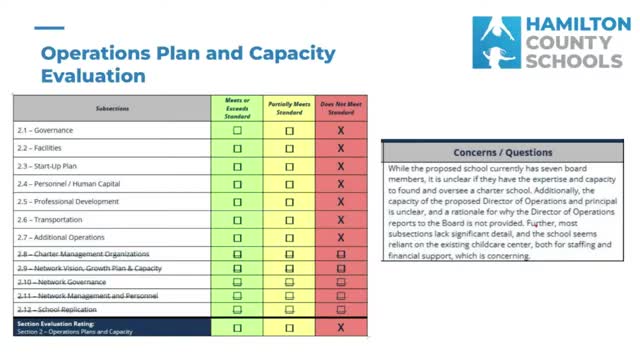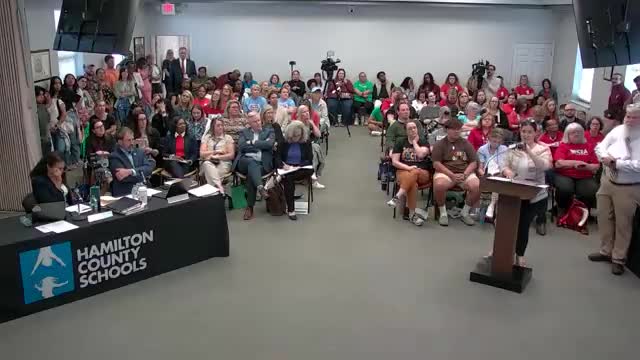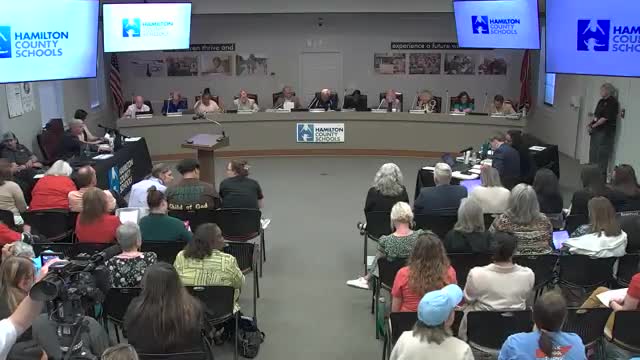Article not found
This article is no longer available. But don't worry—we've gathered other articles that discuss the same topic.

Hamilton County board adopts resolution opposing bills to allow school enrollment refusals for unlawfully present students

Board denies two charter applications after review that found academic, operations and financial weaknesses

